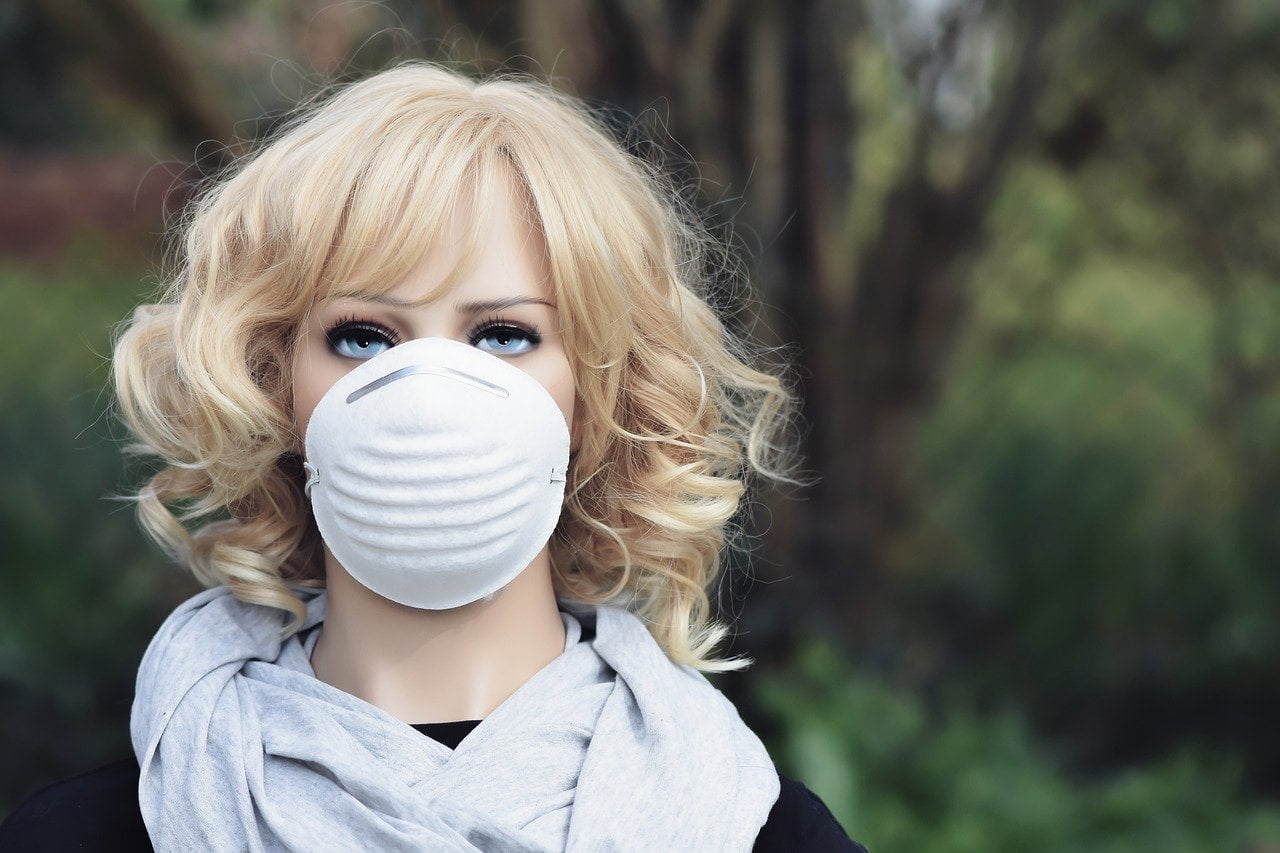GWU Faculty Demands Protection From COVID-19; Says It Must Aid All At “Higher Risk of Getting Very Sick” From Virus
Q1 2020 hedge fund letters, conferences and more
WASHINGTON, D.C. (May 20, 2020) - The Faculty Senate of the George Washington University just unanimous passed a resolution demanding that the University provide "appropriate protection for those who the University has reported are at 'a higher risk of getting very sick,'" especially regarding any decision to return to any form of classroom instruction this coming year, says GWU law professor John Banzhaf.
The resolution responded to growing concerns that forcing professors to return to face-to-face instruction in a classroom, as GWU recently promised before later backing down - even with promises of testing, mandatory mask wearing, and attempts at requiring students to maintain social distancing - would inevitably expose professors to a very high risk of infection by a deadly virus which is highly contagious, says Banzhaf, who helped draft the resolution.
Of special concern are professors who are older and/or have a variety of conditions including high blood pressure, obesity, diabetes, breathing problems, weakened immune systems, and other problems which make them especially vulnerable and at much higher risk of death from the virus.
GWU's Previous Warnings On Its COVID-19 Website
GWU itself had previously warned on its COVID-19 website that "early information indicates some individuals are at a higher risk of getting very sick from this virus. This includes: Older adults [AND] people who have serious chronic medical conditions including heart disease, diabetes and lung disease." However this admission was quickly removed from the web site once it was publicized.
Banzhaf also pointed out that persons who are particularly at risk from the virus are entitled, by law, to special and additional protections, citing: The Americans With Disabilities Act [ADA], the D.C. Human Rights Act [DCHRA], and the Occupational Safety and Health [OSH] act.
He noted that professors might also seek to take advantage - perhaps with the help of a sympathetic doctor - of the federal Family and Medical Leave Act and/or its D.C. counterpart, and the U.S. Family First Coronavirus Response Act.
He also pointed out that President Trump, who is as eager as anyone to see universities open as quickly as possible, nevertheless recognizes the need to protect professors who are older or in poor health.
Trump's Remarks On Vaccine Development
In remarks Friday on vaccine development, Trump said "I don't think that you should have 70-year-old teachers back yet. They should wait until everything is gone. I don't think you should have a professor that's 65 and has diabetes or has a bad heart back necessarily, or somebody that's older than that."
The President went even further during a virtual town hall in urging special protection for the small minority of teachers whose lives might be endangered if forced to return to classroom teaching this fall:
"So when you go back - and you have one problem that is a bigger problem, and that's teachers over 60 or 65 years old - the teachers. . . . But we have to get our schools back. But I do worry about teachers at a certain age. . . . However, if you have a teacher that's 65 or 70 years old and has diabetes, that one, I think, they're going to have to sit it out for a little while . . . We have to go back. And whatever it is - I would say, with the exception of teachers at a certain age, maybe they should wait until this thing passes."
Teachers who are especially high risk of death from exposure to the coronavirus in a classroom could be allowed to continue teaching on-line, be permitted to take sabbaticals if they are otherwise eligible but did not request it before the pandemic hit, or be offered furloughs.
In the latter situation, the Faculty also demanded "that in the event that cuts must be made, the university continues its contributions to health insurance in full in order that all employees can remain protected with their health insurance coverage."





